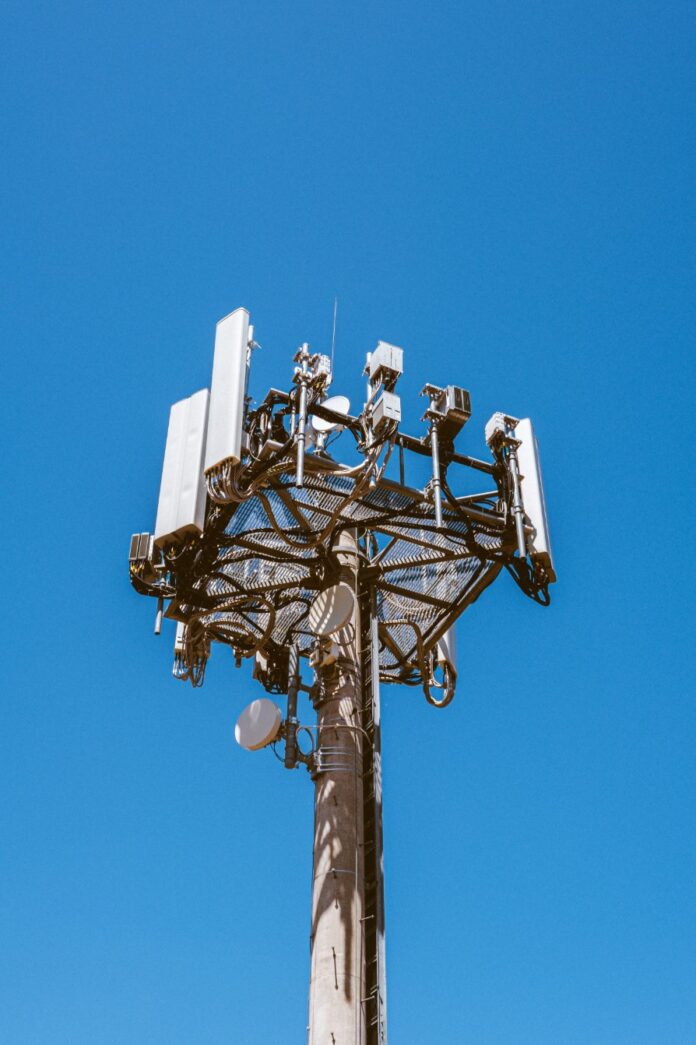The Nigerian telecom industry has suffered a staggering N35.4 billion ($23 million) loss in 2023 due to the increasing frequency of fibre optic cable cuts, with service interruptions and vandalism severely affecting the quality of internet access across the country. This issue, which is largely driven by construction activities, theft, and poor coordination among stakeholders, has resulted in significant disruptions to internet services, leaving millions of Nigerians without connectivity at critical moments.
According to the Association of Licensed Telecom Operators of Nigeria (ALTON), this epidemic of fibre cuts is not only hurting the economy but also undermining efforts to establish a robust digital economy. In an alarming revelation, telecom companies like MTN Nigeria and Airtel have reported thousands of fibre optic cable cuts, with MTN alone enduring over 6,000 cuts in 2023. The losses are not limited to repairs but also the lost revenues and customer dissatisfaction caused by prolonged service outages.
“Fibre cuts are becoming a major threat to our network integrity,” said Gbenga Adebayo, Chairman of ALTON. “These disruptions affect service delivery, causing outages and delays that inconvenience millions of Nigerians who rely on the internet for personal and business activities.”
A Rising Tide of Disruptions
The scale of the issue is hard to ignore. Reports indicate that some telecom operators experience up to 43 fibre cable cuts daily. Airtel Nigeria, in particular, has raised alarms over this increasing trend, with a total of 7,742 fibre cuts recorded in just six months. The company’s Director of Corporate Communications and CSR, Femi Adeniran, emphasized the urgency of securing telecom infrastructure to prevent further damage.
“The impact of these cuts cannot be underestimated,” Adeniran said. “Apart from the immediate repair costs, the damage done to our reputation and customer trust is far-reaching. We are calling for stronger security measures to protect this critical infrastructure.”
Fibre Optic Cables: The Lifeblood of Connectivity
Fibre optic cables are a critical component of Nigeria’s telecommunications infrastructure, responsible for connecting the nation’s cities and rural areas to the global digital economy. These cables enable faster internet speeds, greater bandwidth, and improved overall network capacity. As of 2023, Nigeria had deployed 78,676 kilometres of fibre optic cables, with major installations in cities like Lagos, Abuja, and Edo State. However, these networks are particularly vulnerable to vandalism and accidental damage, especially during construction and urban development activities.
“We have seen a sharp rise in the frequency of cuts, and in many cases, they are caused by activities like roadworks and excavations,” explained an industry expert who wished to remain anonymous. “Without proper coordination between the telecom operators and other sectors, these incidents will continue to hamper the development of our digital infrastructure.”
The Costs of Repairing Damaged Infrastructure
The financial toll of repairing the damage caused by fibre cuts is immense. MTN Nigeria, for example, invested over N11 billion to relocate 2,500 kilometres of vulnerable fibre cables between 2022 and 2023. This amount could have been used to lay 870 kilometres of new fibre cables in underserved areas, helping expand internet access to millions of Nigerians. Despite these efforts, the company’s network still faces persistent disruptions, prompting calls for systemic change.
“It is not just about repairing the cables; it’s about securing the future of Nigeria’s digital economy,” said Dapo Otunla, Senior Vice President of HIS, during a panel discussion at the 30th Nigerian Economic Summit in Abuja. “The government must step in to protect these critical national assets, as their protection is vital for the country’s economic growth.”
The Call for Government Action
Telecom operators have called on the federal government to take decisive action in designating telecom infrastructure as a “critical national asset” and to introduce stricter regulations aimed at curbing the rampant vandalism. The government’s intervention is seen as essential in mitigating the economic losses incurred by the sector and safeguarding the country’s growing digital economy.
At a recent summit, industry leaders and stakeholders stressed the need for more robust laws and enforcement to protect telecom infrastructure. “We cannot continue to operate in this environment of constant fear and uncertainty,” said Gbenga Adebayo of ALTON. “Without the protection of our infrastructure, our efforts to drive digital inclusion and economic progress will be severely hindered.”
The Role of Cybersecurity and Coordination
While fibre cuts caused by physical damage are a significant concern, cybersecurity threats also loom large. The digital transformation of Nigeria’s economy means that telecom infrastructure is vulnerable not only to physical attacks but also to cyber-attacks. The government and telecom operators are calling for a coordinated approach to tackle both physical and digital threats.
According to Otunla, strengthening core infrastructure in the digital economy requires a concerted effort from both the public and private sectors. “We need a more unified approach to securing telecom infrastructure from all forms of attack, be it physical or cyber-related,” he said. “Only then can we build a sustainable and resilient digital economy.”

